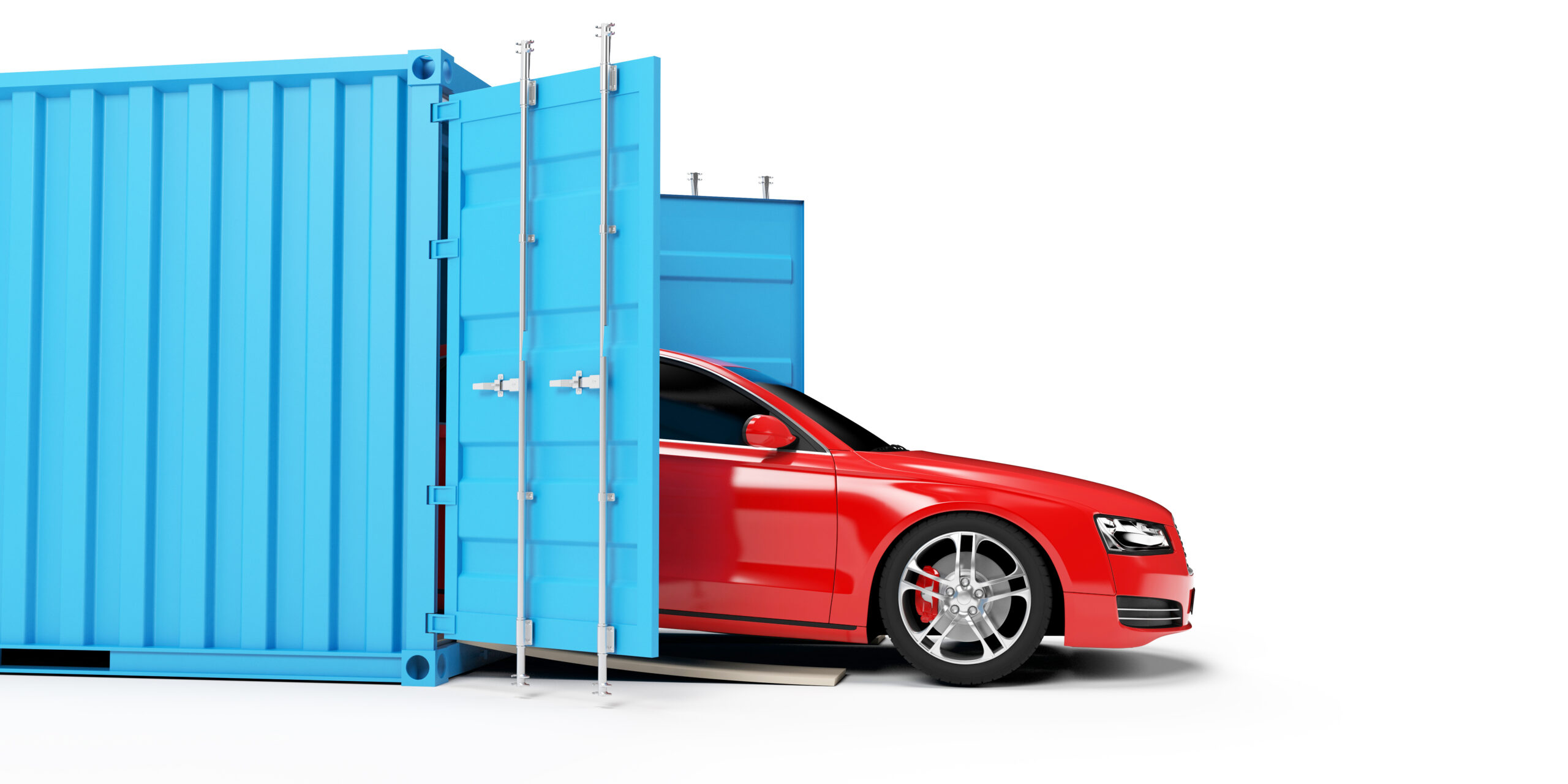
Importing Cars into Ireland 2024
A Step-by-Step Guide to Importing Cars and Machinery from the UK to Ireland Post-Brexit for Commercial customers:
Are you looking for information on importing cars into Ireland?
Since Brexit, importing vehicles and machinery from the UK to Ireland has become more complex, with new rules, fees, and documentation requirements. However, the UK remains an important source for cars and machinery for Irish businesses and dealers due to its extensive range of vehicles, equipment, and access to specialist assets. Here’s a comprehensive guide to navigating the post-Brexit import process.
-
Vehicle Sourcing and Pricing Considerations
Find Reputable Dealers: Begin by identifying reputable UK dealers or sellers with a solid record of compliance, especially with the new export rules.
Calculate Import Costs: Factor in additional expenses due to import duties, VAT, and new paperwork requirements. It’s crucial to ensure the total cost, including transportation and compliance, remains competitive.
Currency Exchange Rates: Monitor the exchange rates, as fluctuations between GBP and EUR can impact the final cost. Vendor Finance can help with access to competitive FX pricing with Transfermate here
-
Registration and Compliance
Pre-Purchase Vehicle Checks: Check if the vehicle or machinery has valid certifications and meets Irish regulatory standards, including emission and safety requirements. If the item doesn’t meet these standards, it could require costly modifications before it can be registered in Ireland.
Certification of Conformity (CoC): For many vehicles, the CoC is necessary to confirm that the vehicle meets EU standards. For cars, it’s often a straightforward requirement, while heavy machinery might need specific certifications or adaptations.

-
Customs Declarations and Documentation
Prepare for Customs Declarations: As of Brexit, all vehicles and machinery imported from the UK need to be declared at Irish customs. Hiring a customs clearance agent can simplify the process and ensure accuracy. Vendor Finance work with a panel of customs agents to assist our customers with the process.
Essential Documentation: Ensure the following documents are in order:
VRT (Vehicle Registration Tax) documentation
Proof of Purchase, including the receipt or invoice
Import Declaration (completed via Revenue’s AIS)
Documentation proving the vehicle’s origin, if applicable, to qualify for preferential tariffs.
Origin Documentation for Tariffs: If the vehicle or machinery qualifies under the rules of origin between the EU and the UK, you may avoid paying import duties. However, proving the origin may require documentation from the seller and could be complex for second-hand or assembled machinery.
-
Taxes and Fees
Customs Duty: Good advice is to use the services of a local customs agents to ensure that the correct customs tariffs or duty apply to the transaction. The goods need to correctly classified in order to calculate the correct duty.
VAT Payment: VAT is required on the purchase, charged at 23% of the customs value (the vehicle’s price plus shipping costs). The VAT must be paid upon arrival in Ireland.
VRT Payment for Cars: For vehicles, a VRT assessment is done by Revenue to determine the tax based on CO2 emissions. Higher emission vehicles incur more costs, making it essential to verify VRT rates beforehand.
-
Vehicle Testing and Registration
National Car Test (NCT) or Commercial Vehicle Roadworthiness Test (CVRT): All imported vehicles must undergo testing. Cars need to pass the NCT, while commercial vehicles are subject to the CVRT.
Registering with Revenue: Post-testing, register the vehicle with the Irish Revenue. This involves paying any VRT due and receiving Irish plates. For heavy machinery, registration requirements differ; consult with the Department of Transport or a customs agent.
Register Machinery for Compliance: For machinery, you’ll also need to ensure it’s compliant with safety and operational regulations. Check for specific registration rules with Irish authorities.
-
Insurance and Final Checks
Insurance Coverage: Once registered, you must secure Irish insurance for your vehicle. For machinery, especially if it’s commercial or used in agricultural work, ensure that you meet any industry-specific insurance requirements. It is also advisable to ensure the asset is adequately insured during transit.
Maintenance Check: Schedule a maintenance check to ensure the vehicle or machinery functions optimally. This is particularly important for second-hand items to avoid unexpected costs.
Importing cars and machinery from the UK post-Brexit can be worthwhile but requires careful planning, awareness of compliance rules, and financial preparedness. Staying informed on current regulations and fees, alongside enlisting professional assistance, can make the import process smoother and more manageable. By following these steps, Irish buyers can access UK products with confidence and clarity.
If you have a funding requirement for UK assets, feel free to contact the Vendor Finance Commercial team on 0719310137 option 2 or commercial@vendorfinance.ie


